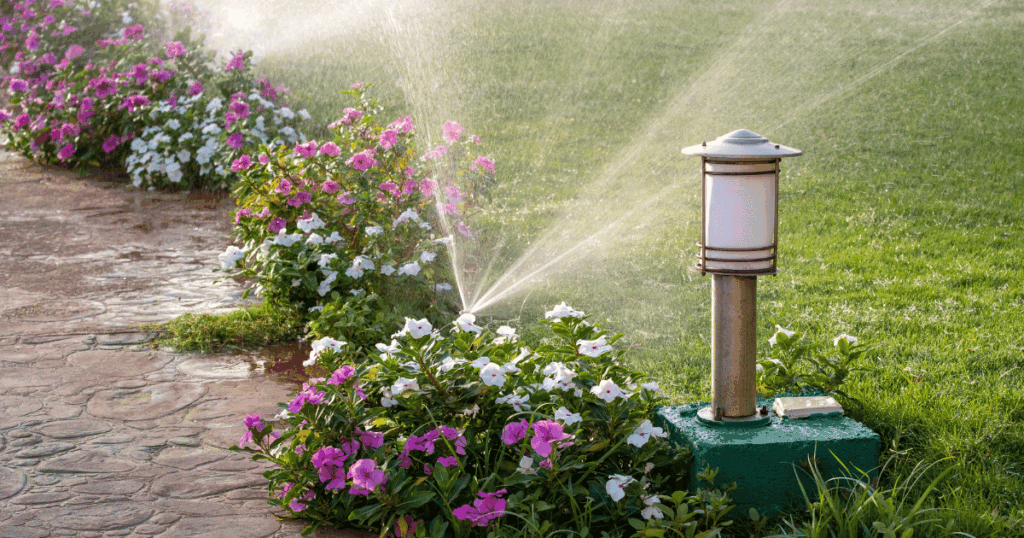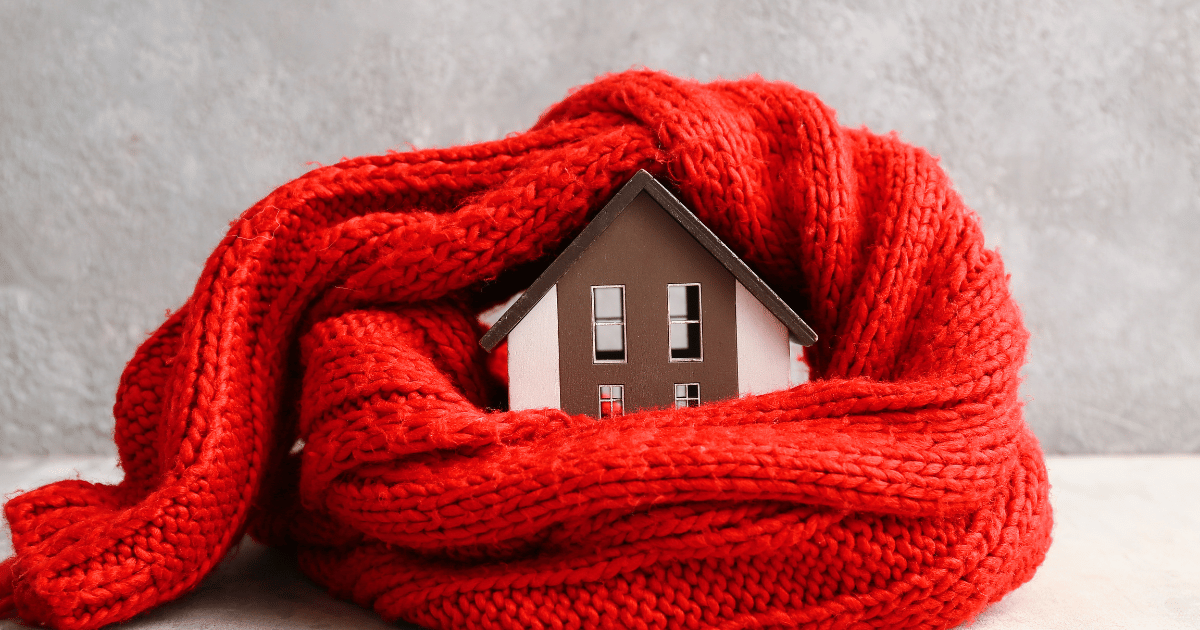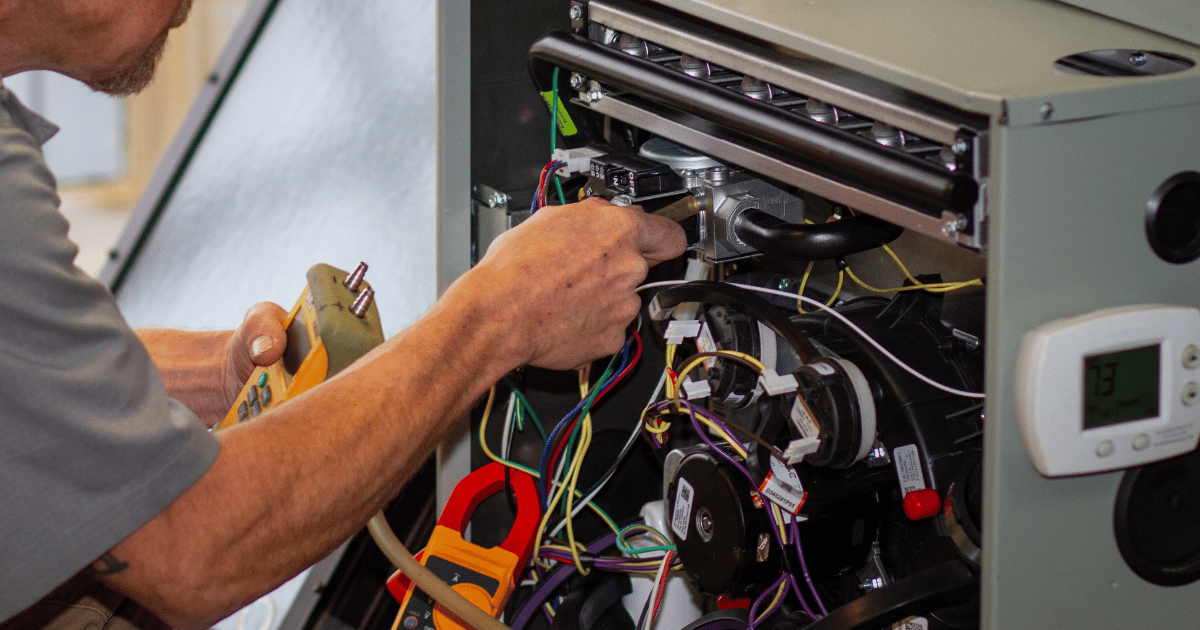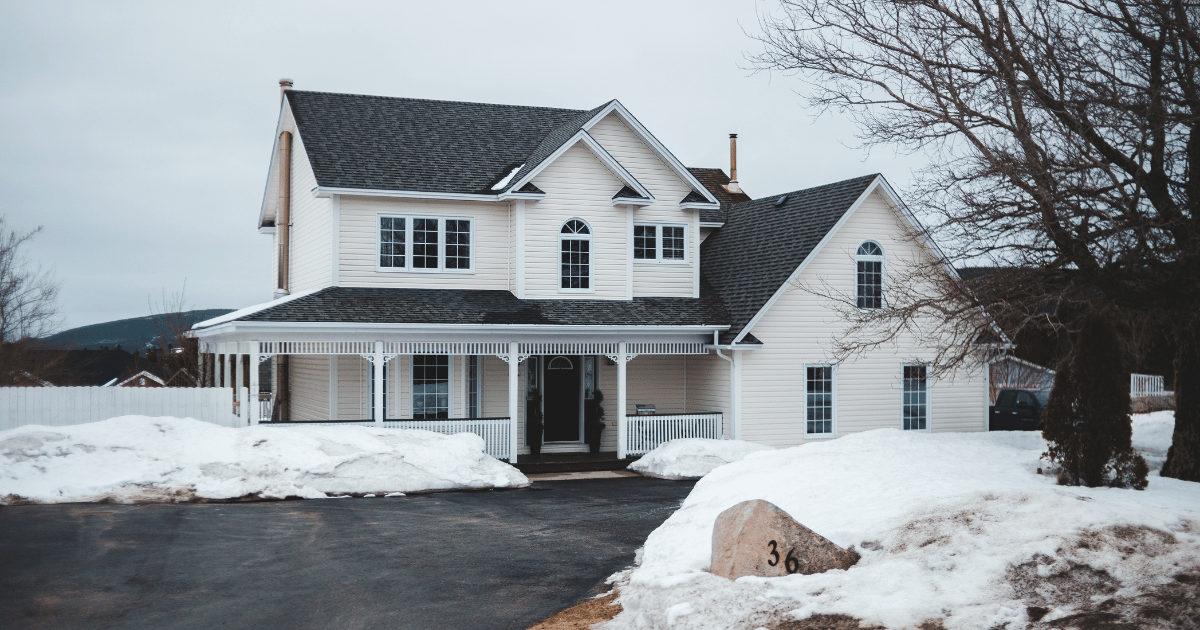If someone told you that your property needs an RPZ test and you’re unsure why—or even what that means—you’re not alone. RPZ stands for Reduced Pressure Zone. This valve protects the drinking water supply by preventing backflow, which can draw contaminants into the public water system.
If your property has equipment connected to the water system, such as an irrigation line or fire suppression system, state and local regulations likely require you to install an RPZ and have it tested annually. Here’s what you need to know to stay compliant in Central Illinois.
What Is RPZ Testing, and Why Does It Matter?
When water pressure drops in the main supply, during a hydrant flush, main break, or high usage, water can flow backward. Without an RPZ valve, chemicals such as fertilizers or industrial runoff can enter the drinking water system.
An RPZ (Reduced Pressure Zone) valve prevents that from happening. Illinois law requires annual testing to ensure the valve works properly. Municipalities like Champaign and Urbana also require formal documentation. If your test is late, you risk water shutoff, fines, or compliance violations.
Who Needs RPZ Testing in Central IL?
You probably need annual RPZ testing if your property has:
- A lawn irrigation system
- A fire suppression system
- A commercial kitchen or food service operation
- A medical sterilization setup
- A car wash
- A chemical mixing tank or boiler
- Any industrial or commercial plumbing
- A residential sprinkler system (check local code)
Even if the system isn’t in use, you may still need to test the valve unless it’s properly disconnected and documented with your municipality.
What Happens During an RPZ Test?
Our licensed testers handle the entire process:
- Shut off the water to safely access the valve
- Use calibrated gauges to check pressure levels
- Confirm the relief and check valves function as required
- Submit test results to your city and provide you with copies
Most tests are quick and can be scheduled with minimal disruption to your schedule.
Common RPZ Testing Questions
Do I need to schedule RPZ testing myself?
Yes. The city requires the test, but you’re responsible for hiring a certified technician to complete it.
Does every irrigation system require RPZ testing?
Not always. Some systems use different backflow prevention devices, but if yours connects to the potable water supply and doesn’t have alternate protection, it likely needs testing.
Is testing still required if I no longer use the system?
If the RPZ is still connected, then yes. To avoid the requirement, it must be removed and capped; some municipalities also require proof.
How much does RPZ testing cost?
It depends on the number of devices you have and their accessibility. Most are quick and inexpensive to test. We provide upfront pricing before we schedule your test.
What If the Valve Fails?
If your RPZ fails its test, we will clearly explain the issue and offer repair or replacement options. Most problems involve worn-out internal parts and can be fixed quickly. If a full replacement is necessary, we’ll handle the installation and paperwork to ensure you remain compliant.
You’ll get a straightforward quote before any work begins.
Staying Compliant Without the Stress
You’re responsible for scheduling your test and updating it every 12 months. If you’re already a plumbing customer with us, we can fold RPZ testing into your regular maintenance schedule.
We also send reminders when your renewal is coming up, so you don’t have to keep track manually.
Service Areas
We offer certified RPZ testing across Central Illinois, including:
- Champaign
- Urbana
- Savoy
- Danville
- Mahomet
- Rantoul
- St. Joseph
- Vermilion, Iroquois, and surrounding counties
Need RPZ Testing in Central IL?
Let’s get you on the schedule. Whether you manage a commercial property or want to stay ahead of your irrigation system’s testing deadline, we make it simple.




